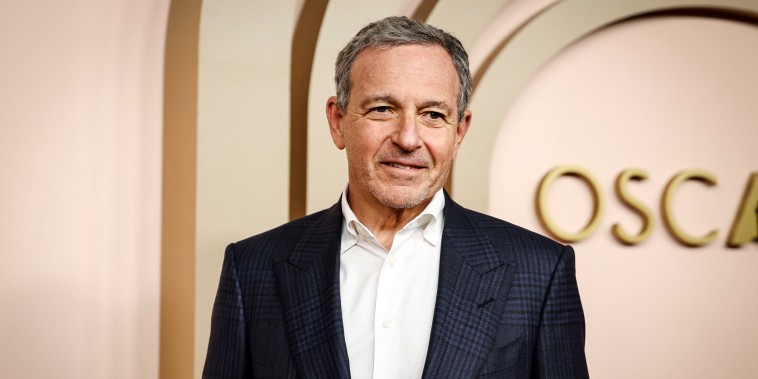Bob Iger, Disney’s chairman and CEO, recently made a bold statement regarding the company’s mission. He emphasized that Disney’s primary focus is to entertain audiences, rather than sending specific messages through their content. This declaration sparked discussions among both industry insiders and fans, questioning the fundamental role of entertainment in shaping society.
Entertainment has always played a crucial role in society, serving as a means of escape, education, and reflection. Whether through films, TV shows, theme parks, or other forms of media, entertainment has the power to influence, inspire, and bring people together. Disney, as a global entertainment giant, holds a unique position in this realm, given its immense reach and impact on diverse audiences worldwide.
By stating that Disney’s mission is to entertain, Bob Iger reinforces the notion that entertainment should above all cater to the audiences’ desire for enjoyment, engagement, and emotional connection. This approach places the emphasis on storytelling, creativity, and engagement, rather than on promoting a specific agenda or message. While some may argue that entertainment can also be a powerful tool for conveying important social or political messages, Iger’s perspective suggests that the primary goal of Disney’s content is to entertain first and foremost.
In an era where social and political issues often dominate public discourse, the role of entertainment in addressing these topics has become increasingly prominent. Many filmmakers, writers, and artists use their platforms to shed light on pressing issues, advocate for social change, and provoke critical thinking among audiences. However, Iger’s statement raises the question of whether entertainment should primarily serve as a form of escapism and enjoyment, free from overt messaging or agendas.
It is essential to recognize that entertainment can take on various forms and serve different purposes depending on the context and intentions of the creators. While some may prefer entertainment that offers a respite from reality and allows for pure enjoyment, others may seek content that challenges their perspectives, sparks conversations, and prompts action. Disney, with its diverse portfolio of content ranging from fairy tales to blockbuster franchises, caters to a wide range of audience preferences and expectations.
In the end, Bob Iger’s assertion that Disney’s mission is to entertain not send messages sheds light on the complex nature of entertainment and its role in society. Whether entertainment should solely focus on providing joy and escapism or also engage with important societal issues remains a subject of debate. Nevertheless, one thing is clear – the power of entertainment to captivate, inspire, and unite audiences will continue to shape the fabric of our culture and influence generations to come.

